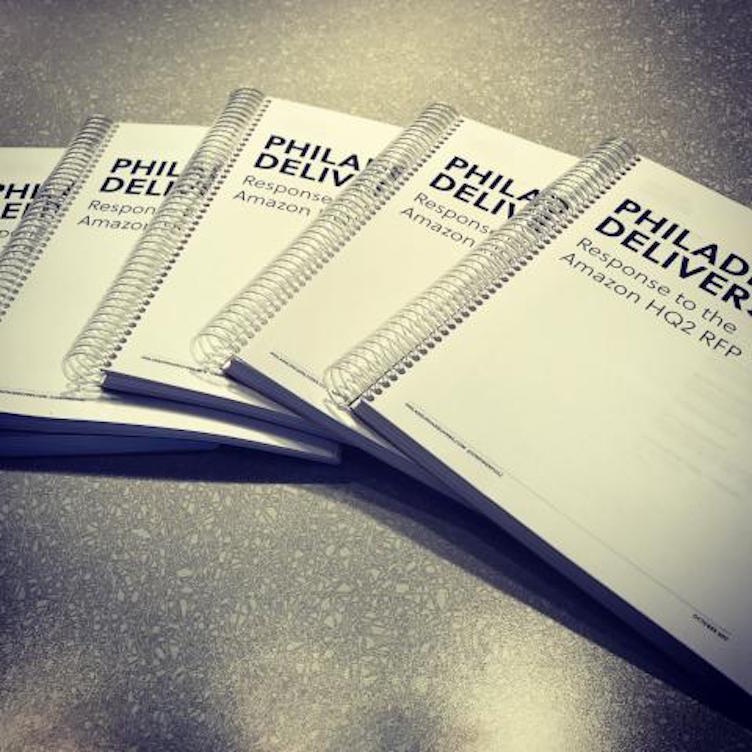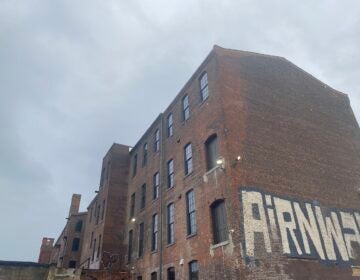Big bits of unfinished business get little adjustments by City Council

At its second-to-last meeting before the summer recess, City Council made minor amendments only to its budget proposal and to construction-tax legislation, two of the biggest pieces of unfinished business on the agenda.
The construction-tax proposal received two tweaks, although there was a bit of a kerfuffle over why those changes were being made.
The language of the construction-tax bill was amended to clarify that it would not apply to properties in Keystone Opportunity Zones, created by a state program that provides development incentives in areas that suffer from vacancy and divestment. KOZ designation suspends local and state taxes incurred at the sites for a set period of years, and it has been hoped that designating several areas in the city might help lure Amazon’s second headquarters to Philadelphia.
Numerous reporters tweeted about the language change, linking it to a hearing last week at which the Kenney administration and the city’s building-trades unions raised concerns that the construction tax, intended to underwrite affordable housing, might dissuade Amazon from coming here.
“The Construction Impact Tax is being amended because of the Amazon bid, at the Administration’s request,” Jane Roh, a spokeswoman for Council President Darrell Clarke, wrote in an email to reporters. “The proposed HQ sites are all located in Keystone Opportunity Zones (KOZs) and would not be subject to the tax anyway, but the Administration felt it was important to include language making that explicit.This is a positive development as it does signal that the Mayor will sign the bill into law!”
Yet press representatives from Kenney’s office disputed that they had specifically requested the amendment.
“I saw your tweet, and I wanted to clarify that the Administration has made no requests for amendments on this legislation,” wrote Deana Gamble, communications director for the administration, as part of a barrage of emails to City Hall reporters.
At their meeting Thursday, council members also amended the proposal for a controversial sub-fund for the city’s Housing Trust Fund, which would allow revenues from the construction tax to be spent on housing for families earning up to 120 percent of area median income, or more than $100,000 a year for a family of four.
Thursday’s amendment instead addressed the labor standards for housing built with the revenue from the tax.
Previously, the bill required any project of four or more units built with construction-tax dollars to be subject to federal prevailing-wage requirements. But as amended, wages and benefits on those projects would be determined by the Philadelphia Labor Standards Unit.
The change would mean little in the short term, as Mayor Jim Kenney is allied with the city’s building-trades unions. But the language tweak means that future administrations, perhaps with weaker ties to the construction unions, could have the latitude to source that work elsewhere.
The council’s capital budget legislation received only technical amendments, but Councilwoman Cindy Bass introduced an amendment to the operating budget that would cut $5.2 million from a handful of departments to provide more funding to the school district.
Bass’s bill is part of the council’s effort to raise the necessary funding for the city’s schools without raising property taxes, as Mayor Kenney has proposed. Her amendment includes a $1 million cut from the Streets Department’s snow budget, $400,000 from the Office of Property Assessments (OPA), $1 million from the Office of Information Technology (OIT), $2.5 million from the Managing Director’s Office, and $100,000 from City Council itself.
Of the $5 million generated by the cuts, a little less than half would go to fund criminal-justice reform efforts the administration said could be imperiled by the council’s proposal to cut money from the city’s prisons. The rest of the money would got to the school district.
None of the fresh budget cuts are expected to result in layoffs. Council sources said both OPA and OIT have a history of underspending, which is why they were targeted.
“The amendments today include additional cuts through various departments that were offered by the administration,” Bass said in an interview after the council meeting.
WHYY is your source for fact-based, in-depth journalism and information. As a nonprofit organization, we rely on financial support from readers like you. Please give today.







